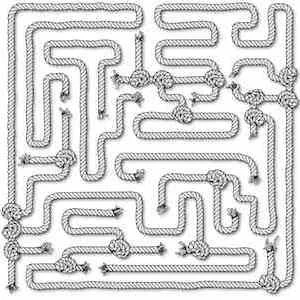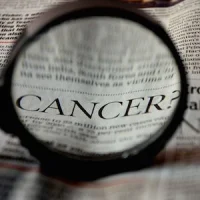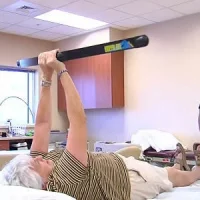Solving the conundrum of underfeeding of critically ill patients in practice while guidelines recommend generous feeding is the subject of an article in F1000Research, by L. John Hoffer, Lady Davis Institute for Medical Research, Jewish General Hospital, McGill University, Canada and Bruce Bistrian, Beth Israel Deaconess Medical Center, Harvard Medical School, USA.
See Also: Potential Nutritional Strategies to Reduce Muscle Wasting in Early Critical Illness
“Given our relatively sophisticated understanding of protein requirements in health and disease, and in light of the fact that critically ill patients don’t eat anything, the physiological case for prompt and generous protein provision is very strong”, they write.
Hoffer and Bistrian focus on patients with catabolic critical illness. They outline how catabolic critical illness increases protein requirements, and explain that protein metabolism in catabolic critical illness is extremely inefficient. Dietary amino acids are inefficiently conserved in such patients. They note that current guidelines on protein amounts are “vague and widely variable”, note Hoffer and Bistrian and clinical trials with clinical endpoints are needed rather than metabolic endpoints.
Commenting on trials that found no difference in clinical outcomes when patients received usual (inadequate) EN with the same EN supplemented by PN, the authors note that analysis of the nutrient composition of the PN regimens used in these trials focused on calories rather than protein. They argue that these trials don’t support the recommendation that flowed from them to avoid early nutritional interventions of any kind because they ignored protein.
“When “calories” and “nutrition” mean the same thing, it’s easy to forget about the amount of protein in a nutritional regimen”, write the authors.
They conclude: Providing calorie-rich, protein-deficient nutrition to protein-deprived, fat-rich ICU patients fails the fundamental test of physiological rationality…the current controversy over optimum nutrition in the ICU highlights the need for nutritionally literate, high-quality RCTs to confirm or refute the effectiveness of specific high-protein nutritional regimens for catabolic critically ill patients.”
Image credit: Pixabay
References:
Hoffer LJ, Bistrian BR (2016) Nutrition in critical illness: a current conundrum. F1000Res, 5: 2531.
Latest Articles
nutrition, calories, protein, critically ill
Solving the conundrum of underfeeding of critically ill patients in practice while guidelines recommend generous feeding is the subject of an article by L. John Hoffer, Lady Davis Institute for Medical Research, Jewish General Hospital, McGill University










